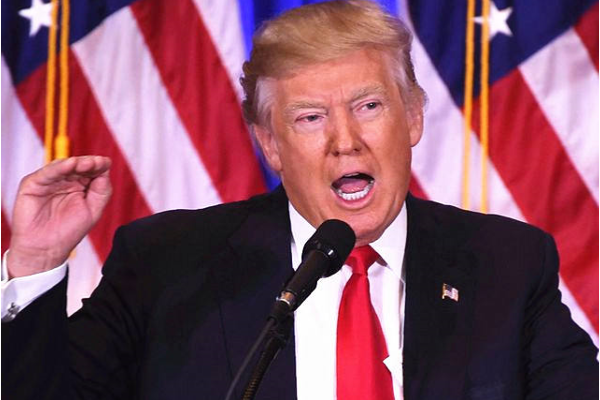Trump: Imposing such high tariffs on Chinese goods is unsustainable

On October 17th, local time, in a pre-recorded Fox Business News program, Trump addressed his previous threat to reimpose high tariffs on China, acknowledging that the policy was "unsustainable."
However, he continued to attempt to shift the blame for the current impasse in Sino-US trade negotiations onto China, claiming that recent Chinese regulations on rare earths "forced" him to take such action.
When asked whether high tariffs were sustainable and their potential economic impact, Trump responded, "It's unsustainable, but that's the numbers." He further defended himself by saying, "They (China) forced me to do it." The exact cause of this escalation in Sino-US trade tensions is clear, yet Trump continues to feign ignorance.
In reality, it was the US's escalating export controls and repressive measures against China since September that triggered the current situation. China's countermeasures, however, were necessary to safeguard its national interests and constituted a passive defensive measure.
That same day, Trump softened his tone when discussing relations with China. He said: "I think we can get along very well with China, but we have to reach a fair agreement, it has to be fair." During lunch with Ukrainian President Zelensky at the White House that day, he added: "China wants to talk, and we are willing to talk to China."
Reuters noted that Trump's relatively conciliatory stance helped to curb the decline in Wall Street's early trading that day. Previously, due to his renewed threat to impose tariffs, the US stock market suffered a "Black Friday" last week, with the three major stock indexes falling sharply and the market in a slump.









